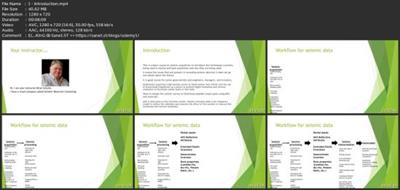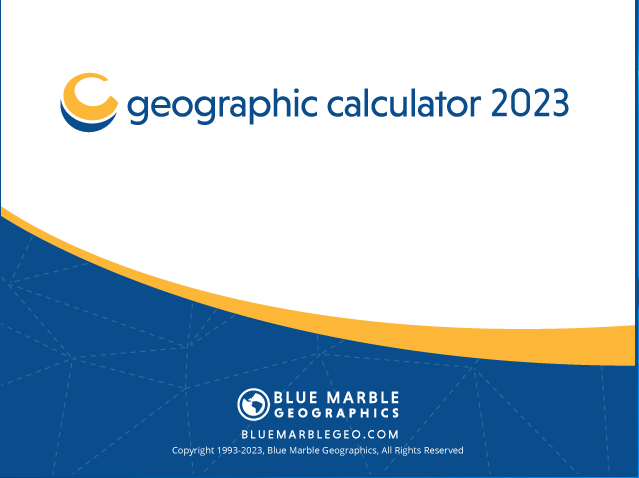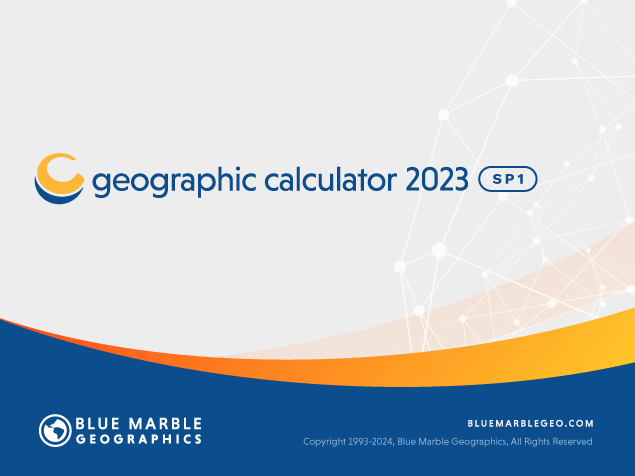
Seismic Acquisition 101
Posted on 13 Oct 13:37 | by mitsumi | 22 views

Seismic Acquisition 101
Published 10/2022
MP4 | Video: h264, 1280x720 | Audio: AAC, 44.1 KHz
Language: English | Size: 716.64 MB | Duration: 2h 29m
Seismic acquisition
Published 10/2022
MP4 | Video: h264, 1280x720 | Audio: AAC, 44.1 KHz
Language: English | Size: 716.64 MB | Duration: 2h 29m
Seismic acquisition
What you'll learn
This is a basic course on seismic acquisition to introduce the techniques currently being used in marine and land acquisition and why they are being used.
It exams the issues that are present in recording seismic data but it does not go into detail about the theory.
Emphasizes acquiring a high-density survey to obtain better near offsets,
Reviews how to obtain broad band frequencies from the seismic source to achieve higher horizontal and vertical resolution to image thin beds.
Reviews new ways of acquiring seismic data to reduce the costs.
Requirements
Understanding of geoscience.
Description
This course introduces the concepts of seismic acquisition. It looks at what is a shot, receiver and a CDP gather. It shows how the data is bined in both the land swath survey and the marine to produce CDP gathers, inlines and crosslines, CDPX and CDPY. It reviews how to we get a broad frequency source, how to deal with ghosts in the source and receiver which create frequency notches, and it looks into the seismic acquisition parameters that lead to a successful seismic interpretation.Importance of a broad frequency source is to remove the sidelobes where thin beds may hide and the higher frequencies will remove tuning of the thin beds.This course emphasizes that we need to know what we wish to illuminate in the data to improve our interpretation. Like the Special Forces we need to understand our final goals and work backwards. This involves understanding the AVO that is present in the data which involves well modelling. We also need to use the well modelling to understand the far offsets needed to image the AVO. The ability to image the AVO will help the success of the inversion.We also need to recognize that seismic acquisition is a balance between budget and acquisition parameters.
Overview
Section 1: Introduction
Lecture 1 Introduction
Lecture 2 Before doing seismic acquisition there are things we need to know
Lecture 3 Geological and Geophysical mapping
Lecture 4 Definition of a CDP and why we use it
Lecture 5 2D seismic
Section 2: Marine Acquisition
Lecture 6 3D streamer data navigation network and how narrow azimuth streamer is acquired
Lecture 7 3D streamer data, gridding and binning
Lecture 8 Air guns, source and receiver ghosts
Lecture 9 Future of marine acquisition
Section 3: Land and OBC / node acquisition and its use with shear and 4D
Lecture 10 3D swath data acquisition and gridding and binning
Lecture 11 OBC and shear data
Lecture 12 4D seismic, Geomodelling, DFN's and reservoir simulation
Section 4: Seismic acquisition parameters
Lecture 13 Migration Aperture
Lecture 14 Acquisition parameters
Lecture 15 Cross spreads and COV Tiles
Lecture 16 Density of seismic survey and lateral spatial aliasing
Lecture 17 Determining Far offset and steps to design the survey
Lecture 18 Land sources
Lecture 19 High Density Seismic and issues in Seismic Acquisition
Good course for junior geoscientists and engineers, managers, and investors.

Download link
rapidgator.net:
uploadgig.com:
[/b]:
[b]1dl.net:
Related News
System Comment
Information
 Users of Visitor are not allowed to comment this publication.
Users of Visitor are not allowed to comment this publication.
Facebook Comment
Member Area
Top News



